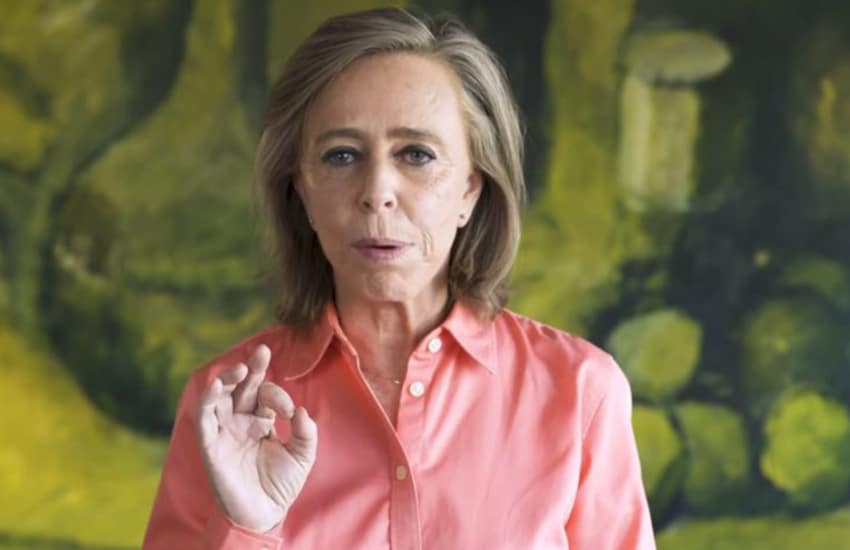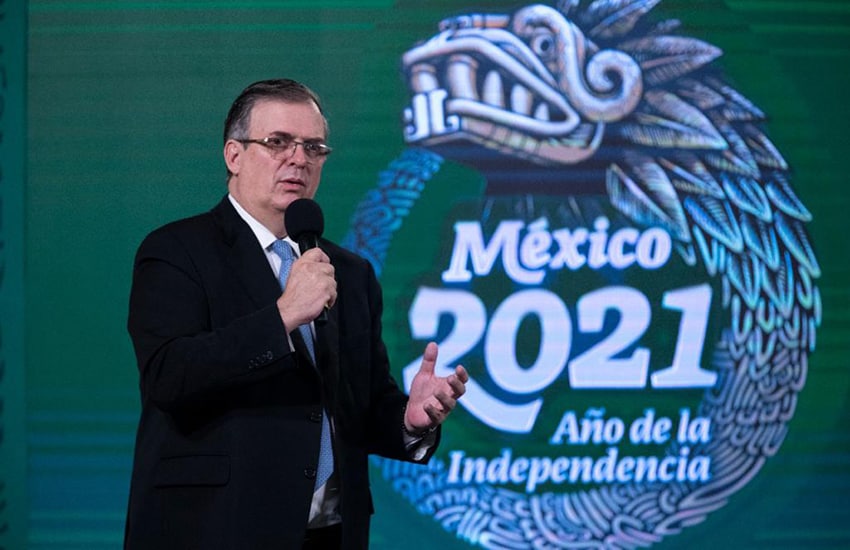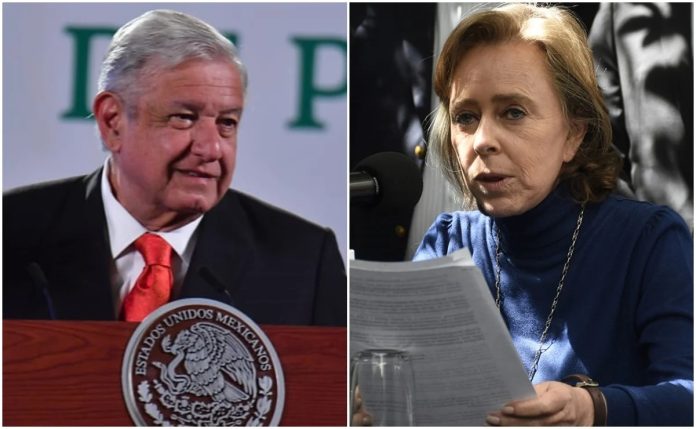An anti-graft group that has been labeled a political adversary by President López Obrador has welcomed the United States’ announcement that it intends to increase support to international partners committed to the elimination of corruption.
The White House published a memorandum on Thursday that established the fight against corruption as a core national security interest of the United States.
“The Biden-Harris administration is committed to tackling corruption as an economic and national security priority and has pledged to lead international efforts to bring transparency to the global financial system and close loopholes that undermine democracy,” the White House said.
It said the U.S. government is “committed to taking new steps to hold accountable corrupt individuals, transnational criminal organizations, and other actors engaged in illicit activity.”
That commitment includes “increasing support to grow the capacity of civil society, the media, state and local bodies, international partners, and other oversight and accountability actors,” the White House said.

The publication of the memorandum came almost a month after the Mexican government sent a diplomatic note to the United States to ask it to explain why it has provided funding to Mexicans Against Corruption and Impunity (MCCI), a civil society organization that has been critical of President López Obrador and exposed corruption in his government as well as that led by his predecessor, Enrique Peña Nieto.
López Obrador has characterized funding organizations such as MCCI and the press freedom group Article 19 as “interference and intervention” in internal affairs that are the exclusive domain of Mexicans. He has repeatedly asserted that the practice violates Mexico’s constitution and called on the United States to stop providing resources to what he says are political groups opposed to his administration.
Earlier this week, the president lamented that the U.S. government had not yet responded to his administration’s request to stop such funding, complaining that the U.S. was not taking Mexico’s request seriously.
Thursday’s memorandum didn’t mention Mexico, but MCCI president María Amparo Casar agreed in a radio interview that it could be considered “an indirect response” to the federal government.
She told W Radio that the memorandum gave her “a lot of hope” that the United States would continue funding the MCCI and other organizations committed to exposing corruption and promoting government transparency.
“I’m happy and I hope — and I have no reason to doubt it — that this translates into more support in the future,” Amparo said.
She added, perhaps somewhat tongue in cheek, that López Obrador should also be happy about the United States government’s announcement of its firm commitment to combatting corruption because he too — as he frequently reminds Mexicans — is fully committed to eradicating it.
“This announcement should come like a ring to the finger [fit like a glove] for Andrés Manuel López Obrador, to use one of his expressions,” Amparo said.
The president should be “very grateful,” she said, to which journalist Carlos Loret de Mola responded, “I feel not,” prompting laughter from the MCCI chief.
“… He likes being given 1 million vaccines [from the U.S. government], as was announced [Thursday], but he doesn’t like [the United States] funding those of us who keep an eye on where public resources are going,” Amparo said.
She said she was proud that MCCI, which has received funding from the United States Agency for International Development and the National Endowment for Democracy, has been recognized by the U.S. as being among the civil society organizations committed to the fight against corruption in Mexico.
In addition to corruption, “the deteriorations that Mexico is suffering in matters of democracy” are a topic of public discussion in the United States, Amparo said a week after the newspaper The Economist asserted in an editorial that López Obrador is “a danger to Mexican democracy.”

Asked at López Obrador’s Friday news conference about the U.S. statement, Foreign Minister Marcelo Ebrard — who gave instructions for last month’s diplomatic note to be drawn up — responded, “First of all, it’s not a memorandum about Mexico, it’s a memorandum about their entire [anti-corruption] policy.”
“What Mexico is proposing is that the internal political environment [of a sovereign country] must be respected; that’s also in the laws of the United States. Mexico couldn’t pay organizations to politically influence [the affairs of another country].
